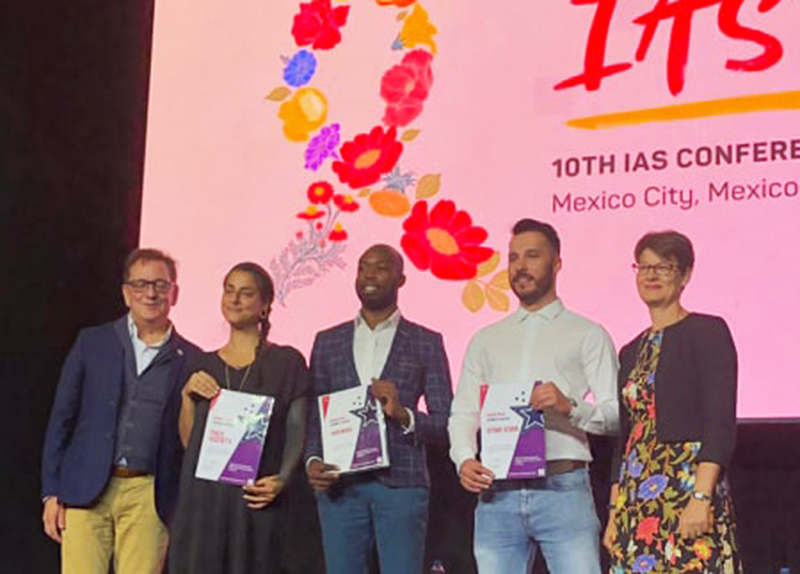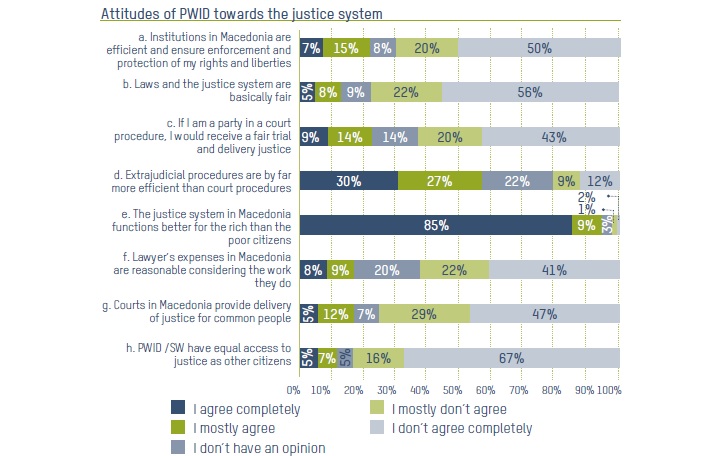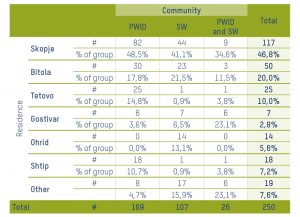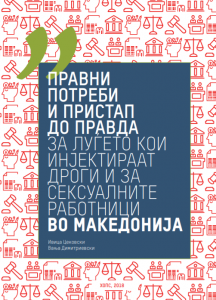The Drug Policy Network South East Europe and its member organisations from Serbia (Prevent, Timočki omladinski centar, Duga, Re Generacija) and Montenegro (Juventas, Cazas) implement the “Emergency support for the provision of HIV and Harm Reduction services among key populations in Ukraine and refugees in selected neighbouring countries” project with the support from the UNODC Regional Programme Office for Eastern Europe.
Primary objectives of the project are:
- Ensuring the continuity of the HIV prevention, treatment and care (including OAT and ARV) services for people who use drugs/living with HIV
- Community-based care and support for people who use drugs, people living with HIV, people in prisons
- Provision of essential requirements, including food and medicines and shelters, in coordination with the penitentiary service/local CSOs
Our organisations will implement the following activities:
- Provide access to information about health services and drugs and ensure clear, reliable and trustworthy health information reaches refugees
- Support in accessing health care in host country
- Rapid provision/purchasing of basic products for existing key populations/refugee shelters/centers
- Provision of HIV harm reduction services for key populations (including refugees)
- HIV and harm reduction services for people who use drugs, including new psychoactive substances
- Mobilising civil society, service providers, policymakers and other national stakeholders from the Western Balkan region to ensure wide and all-involving drug strategy development process
- Increased awareness and understanding regarding comprehensive gender-sensitive HIV services for women who use drugs (WUD) among health care managers, service providers and decision-makers
This project will be conducted in UNODC partnership with the local CSOs and aims to strengthen the capacity of CSOs to address HIV prevention, treatment, care and support among people who use drugs (including those who use NPS/stimulants) internally displaced populations, refugees and prison populations.
Project findings will inform the development and implementation of evidence-based, gender-responsive and sustainable HIV and harm reduction services for people who used drugs/people in and released from prisons, and IDPs/refugees in Ukraine, Moldova, Serbia and Montenegro.


 As a criminalised population, sex workers have been disproportionately impacted by the COVID-19 pandemic, often living in precarious economic situations and excluded from social protection systems. The policy brief COVID-19 and Sex Workers/Sex Worker-led Organisations, produced by the Global Network of Sex Work Projects (
As a criminalised population, sex workers have been disproportionately impacted by the COVID-19 pandemic, often living in precarious economic situations and excluded from social protection systems. The policy brief COVID-19 and Sex Workers/Sex Worker-led Organisations, produced by the Global Network of Sex Work Projects (
 At this year’s 10th IAS Conference on HIV Science (
At this year’s 10th IAS Conference on HIV Science (



